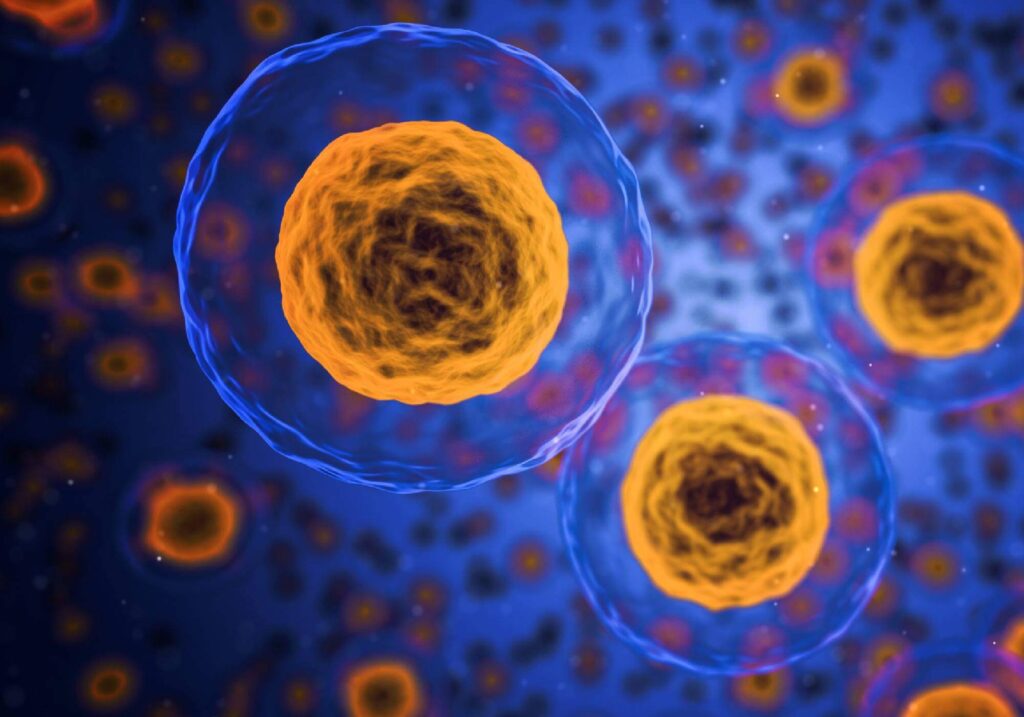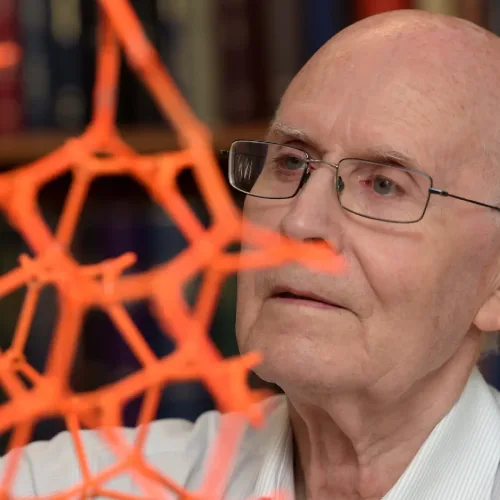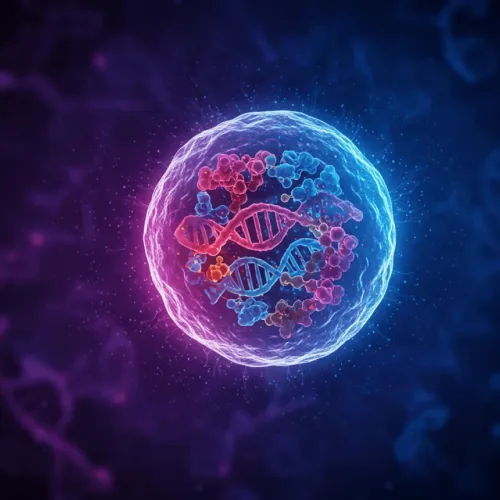
Cancer, a word that strikes fear and uncertainty in the hearts of millions of people worldwide. It is a disease that affects people of all ages, races, and socioeconomic backgrounds. While the fight against cancer has been going on for decades, significant advances have been made in treatment options that have given hope to patients and their families. One such game changer in the field of cancer treatment is the use of radioactive isotopes.
How Radioactive Isotopes Target Cancer Cells
But what exactly are radioactive isotopes? Radioactive isotopes, also known as radionuclides, are isotopes that contain an unstable atomic nucleus. This instability leads to the emission of radiation, which can be used for a variety of purposes, including medical treatment. These isotopes are used in radiation therapy to target and destroy cancer cells, while minimizing damage to healthy cells.
The use of radioactive isotopes in cancer treatment has revolutionized the way we approach this disease. Through techniques like brachytherapy and external beam radiation therapy, these isotopes are providing precise and targeted doses of radiation to tumors, resulting in more effective treatment results. They have become an indispensable tool in the fight against cancer.
Types of Radioactive Isotopes used in Cancer Therapy
Many types of radioactive isotopes are used in the treatment of cancer. Each plays a unique role, and the choice depends on the type and location of the cancer. The most common isotopes include:
- Iodine-131: This isotope is widely used in the treatment of thyroid cancer. It works specifically in targeting thyroid cells, causing minimal damage to other tissues.
- Yttrium-90: Often used for liver cancer and lymphoma, Yttrium-90 delivers high doses of radiation to tumors while limiting contact with surrounding healthy cells.
- Radium-223: This isotope is employed in the treatment of prostate cancer that has spread to the bones. Radium-223 simulate calcium, allowing it to effectively target bone cancer.
These isotopes offer personalized treatments for cancer patients, allowing doctors to choose the right isotope based on the type and location of the cancer. As a result, patients get more tailored and successful treatments.
Radioactive Isotope Therapy
Radioactive isotope therapy offers patients less invasive treatment options than conventional ways. In many cases, patients get the therapy as an outpatient procedure, avoiding lengthy hospital stays. This feature makes therapy more accessible and manageable, especially for those who need multiple sessions.
Additionally, radioactive isotopes may increase the effectiveness of other treatments. For example, doctors often combine isotopes with surgery or chemotherapy to shrink tumors or target areas that are difficult to reach. As a result, patients experience better outcomes, isotopes help in reducing tumor size and increase the likelihood of successful treatment.
Modern technology in radioisotope delivery

Doctors are using advanced technologies to improve the way radioactive isotopes are delivered to patients. For example, brachytherapy allows doctors to place radioactive isotopes directly inside or near tumors. This approach ensures that radiation reaches cancer cells more effectively, reducing contact with healthy tissues.
Another important method is radio immunotherapy, which combines radioactive isotopes with antibodies that specifically recognize cancer cells. This technology enables the isotope to attack only cancer tissue, making treatment more efficient and reducing unwanted side effects.
These innovative delivery techniques help doctors target cancer cells with even greater precision, giving patients more successful treatment options.
Benefits and Considerations of Radioactive Isotope
Radioactive isotope therapy offers many benefits that make it a game changer in cancer treatment. Some key benefits include:
- Precise targeting: Radioactive isotopes specifically target cancer cells, reducing damage to surrounding healthy tissue.
- Minimal side effects: Because isotopes tend to focus on cancer cells, patients often experience fewer side effects than other treatments like chemotherapy.
- Personalized care: Doctors can tailor isotope therapy for each patient’s type and stage of cancer, ensuring more effective and personalized treatment.
However, patients may still face some challenges, like limited access to certain isotopes or side effects including fatigue and nausea. Despite these challenges, the overall effectiveness and accuracy of radioactive isotope therapy make it an invaluable tool in modern cancer treatment.
Future of Cancer Treatment with Radioactive Isotopes
The future holds even more promise for cancer patients, as researchers continue to improve the use of radioactive isotopes. They are presently exploring the ways to pair isotopes with other modern technologies, like nanotechnology, to make treatments even more targeted and effective. This could allow doctors to deliver radiation directly to cancer cells with unparalleled precision, further reducing side effects and increasing survival rates.
As research is continued, radioactive isotopes will play an increasingly important role in cancer treatment, offering hope to those who were once faced with limited options. With continued innovation, the future of cancer care looks brighter than ever.




